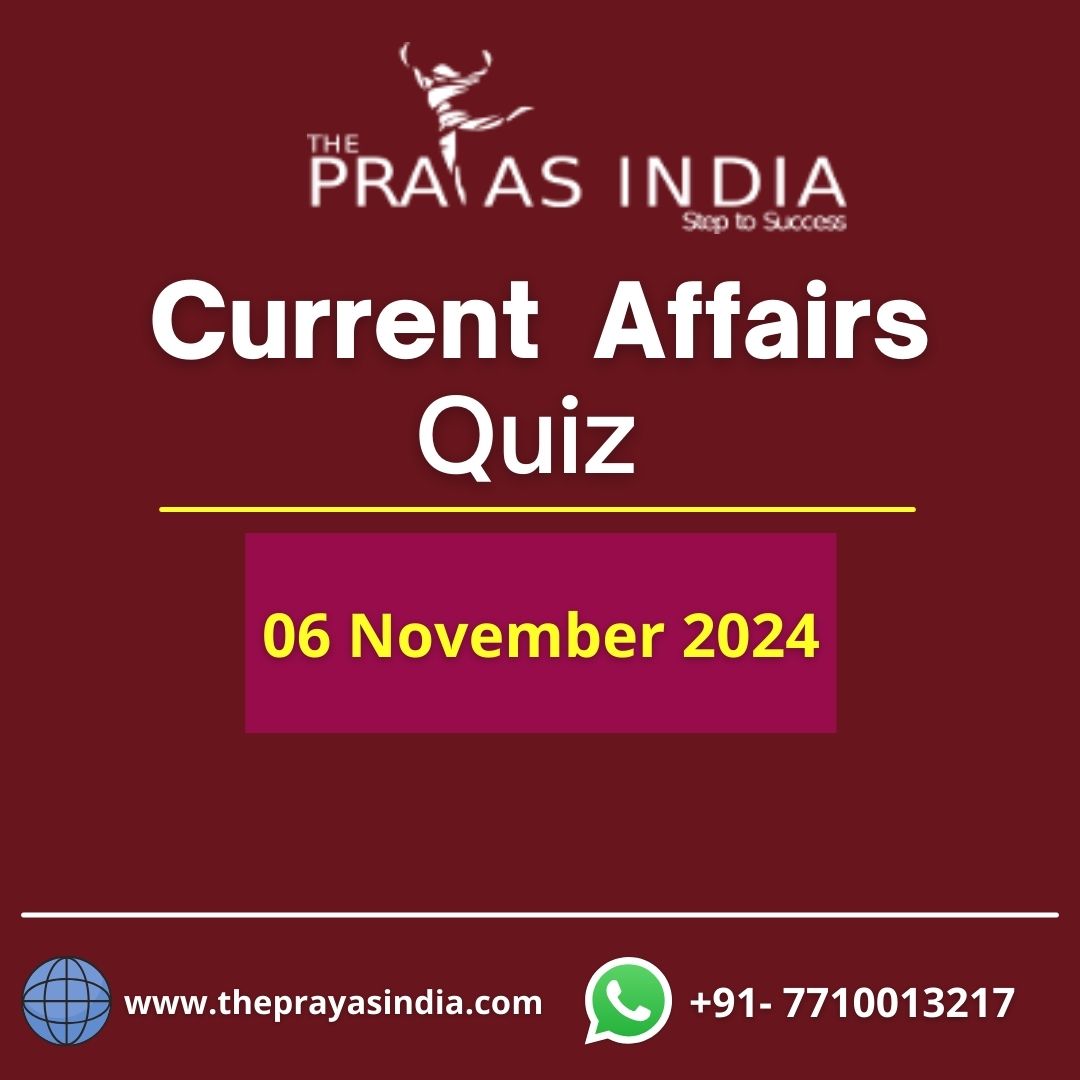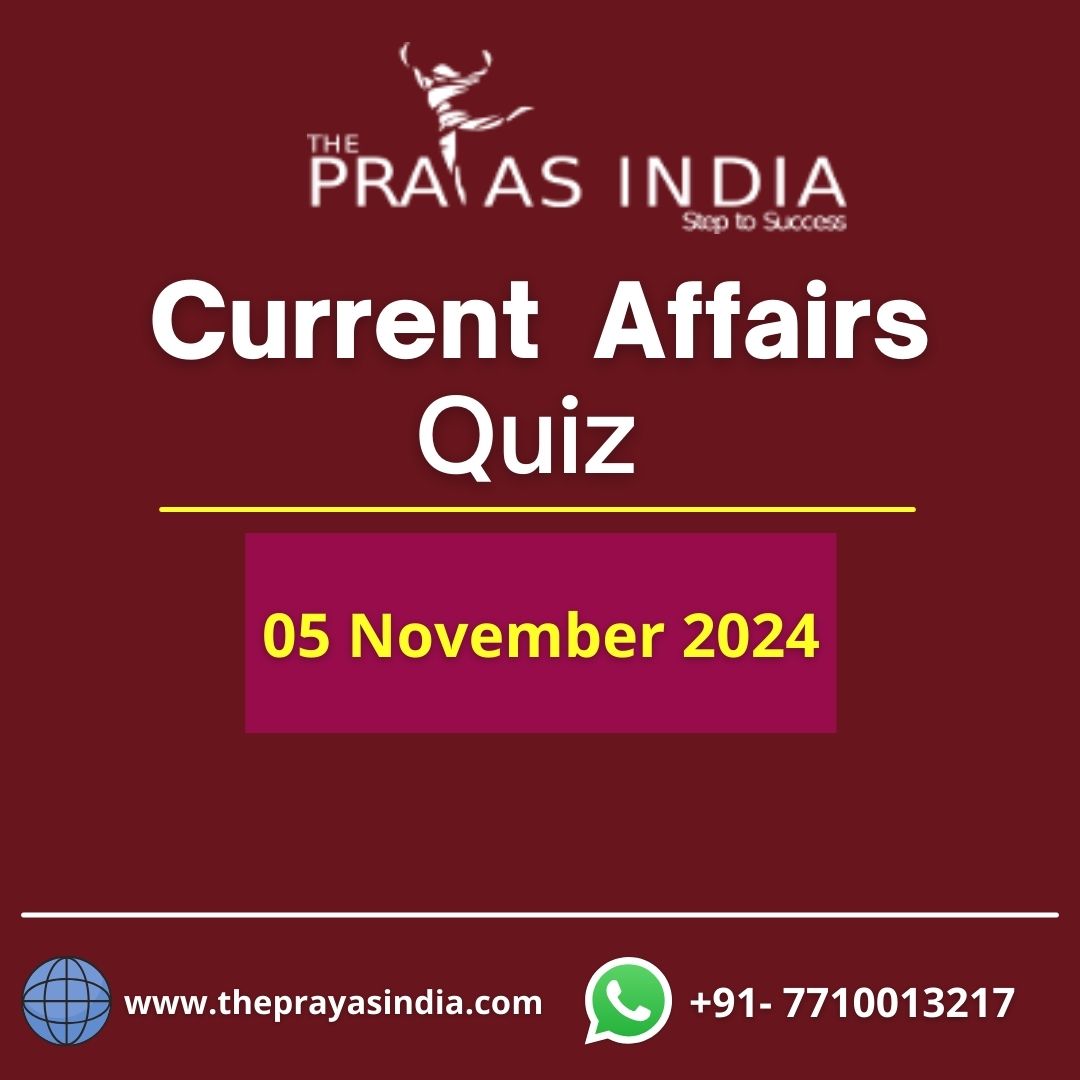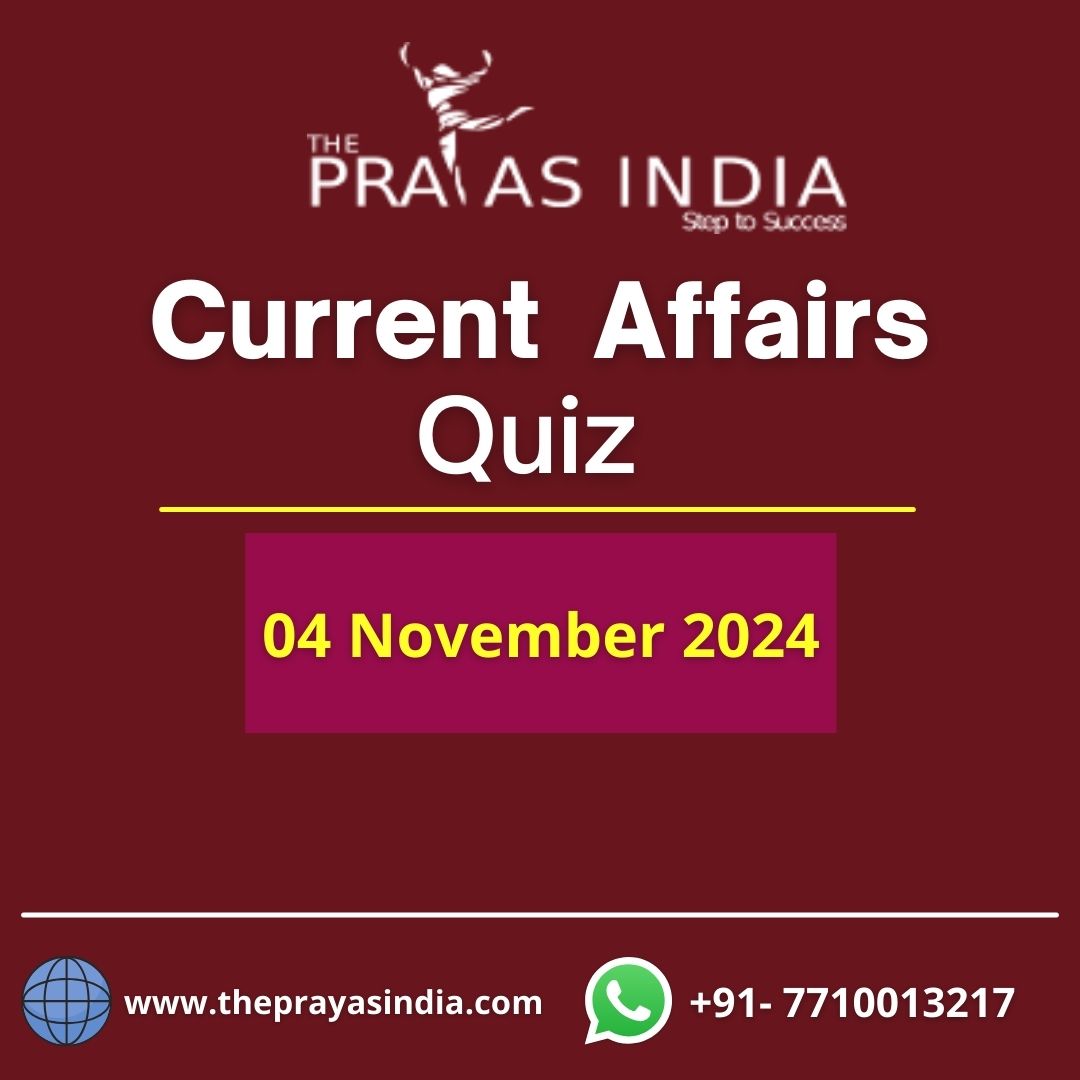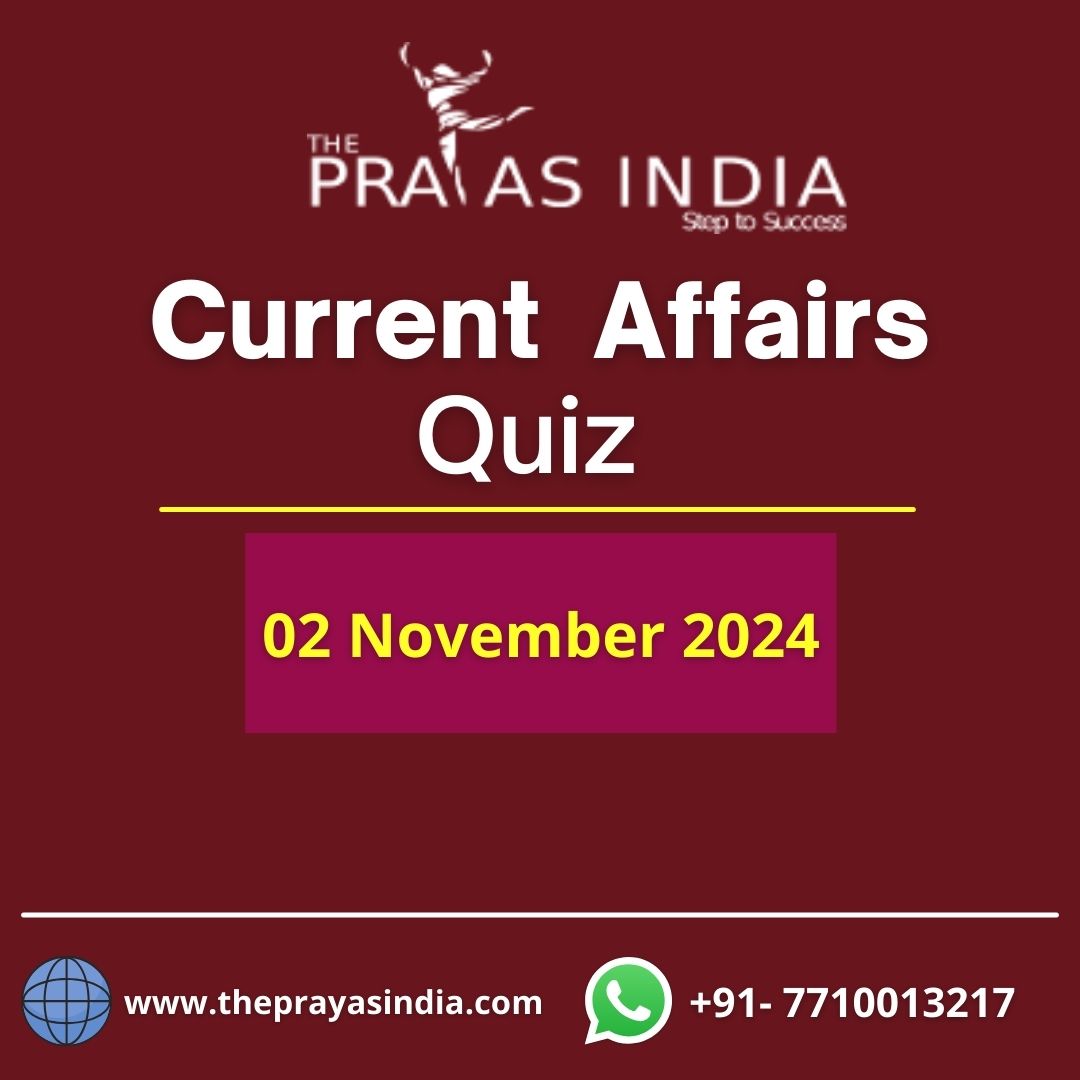Q1. With reference to the Department of Investment and Public Asset Management (DIPAM), consider the following statements:
- DIPAM is mandated with facilitating monetization of non-core assets of government CPSEs under strategic disinvestment or closure and enemy property of value of INR 100 crores and above.
- The Department of Disinvestment was set up as a separate Department on 10th December, 1999.
Which of the statements given above is/are correct?
- 1 only
- 2 only
- Both 1 and 2
- Neither 1 nor 2
C – Explanation
- Department of Investment and Public Asset Management (DIPAM) has signed an agreement with World Bank. Under the agreement, World Bank is to provide advisory services to DIPAM for asset monetization.
- DIPAM is mandated with facilitating monetization of non-core assets of government CPSEs under strategic disinvestment or closure and enemy property of value of INR 100 crores and above. DIPAM has a framework for monetizing non-core assets.The World Bank advisory project, approved by the Finance Minister, is aimed at analyzing public asset monetization in India and benchmarking its institutional and business models against international best practices.It is expected that this project would facilitate and accelerate the non-core asset monetization process and help unlock the value of these un-used/ marginally used assets which has the potential to substantially augment financial resources for further investments and growth.The Department of Disinvestment was set up as a separate Department on 10th December, 1999 and was later renamed as Ministry of Disinvestment form 6th September, 2001.From 27th May, 2004, the Department of Disinvestment is one of the Departments under the Ministry of Finance.The Department of Disinvestment has been renamed as Department of Investment and Public Asset Management (DIPAM) from 14th April, 2016.Hence both statements are correct.
Q2. With reference to the International Crops Research Institute for the Semi-Arid Tropics (ICRISAT), consider the following statements:
- ICRISAT is an international organization which conducts agricultural research for rural development.
- It is headquartered in Delhi.
Which of the statements given above is/are correct?
- 1 only
- 2 only
- Both 1 and 2
- Neither 1 nor 2
A – Explanation
- Ministry of Civil Aviation (MoCA) and Directorate General of Civil Aviation (DGCA) have granted conditional exemption to the International Crops Research Institute for the Semi-Arid Tropics(ICRISAT), Hyderabad, Telangana for the deployment of drones for agricultural research activities.
- ICRISAT is an international organization which conducts agricultural research for rural development.It is headquartered in Patancheru (Hyderabad, Telangana) with several regional centers (Bamako (Mali), Nairobi (Kenya)) and research stations (Niamey (Niger), Kano (Nigeria), Lilongwe (Malawi), Addis Ababa (Ethiopia), Bulawayo (Zimbabwe)).It was founded in 1972 by a consortium of organisations convened by the Ford and the Rockefeller foundations. Its charter was signed by the FAO and the UNDP.Since its inception, host country India has granted a special status to ICRISAT as a UN Organization operating in the Indian territory making it eligible for special immunities and tax privileges.ICRISAT is managed by a full-time Director General functioning under the overall guidance of an international Governing Board.
- Hence only statement 1 is correct.
Q3. Which of the following publishes Pneumonia and Diarrhoea Progress Report :
- International Vaccine Access Centre
- German watch
- World Health Organization
- United Nations Development Programme
A – Explanation
- The annual Pneumonia and Diarrhoea Progress Report has been released by the International Vaccine Access Centre (IVAC).IVAC, founded in 2009, accelerates equitable access to vaccines through the generation, synthesis, and use of evidence to inform decision-making and action. It is located in the Johns Hopkins Bloomberg School of Public Health, USA.It evaluates the progress across 10 high-impact indicators outlined in the Global Action Plan for the Prevention and Control of Pneumonia and Diarrhoea (GAPPD) in the 15 countries with the greatest burden of under-five pneumonia and diarrhoea deaths and how they are delivering key interventions to prevent these.These interventions include breastfeeding, immunisation, care-seeking and antibiotics, Oral Rehydration Solution (ORS), and zinc supplementation. These measures are proven to help prevent deaths due to these illnesses and could help achieve the Sustainable Development Goal-3 (Good Health and Well-Being) target of reducing under-five mortality to at least as low as 25 per 1,000 live births by 2030.
Q4. Consider the following statements:
- Munda Rebellion was led by Birsa Munda in the south of Ranchi in 1945.
- Jharkhand state was brought into existence by the Bihar reorganization Act on 15th November, 1970 – the birth anniversary of the legendary Bhagwan Birsa Munda.
Which of the above statements is/are correct?
- 1 only
- 2 only
- Both 1 and 2
- Neither 1 nor 2
D – Explanation
- Munda Rebellion:
- It was led by Birsa Munda in the south of Ranchi in 1899-1900.
- The movement identified following forces as the cause of the misery the Mundas were suffering:
- The land policies of the British were destroying their traditional land system.Hindu landlords and moneylenders were taking over their land.Missionaries were criticising their traditional culture.
- The ‘Ulgulan’ or the ‘Great Tumult’ as the movement came to be called, aimed at establishing Munda Raj by driving out the British.
- Munda used traditional symbols and language to rouse people, urging them to destroy “Ravana” (dikus/outsiders and the Europeans) and establish a kingdom under his leadership.Birsa’s followers began targeting the symbols of diku and European power. They attacked police stations and churches, and raided the property of moneylenders and zamindars. They raised the white flag as a symbol of Birsa Raj.On 3rd March, 1900, Birsa Munda was arrested by the British police while he was sleeping with his tribal guerilla army at Jamkopai forest in Chakradharpur (Jharkhand).
- Jharkhand Foundation Day:
- The name “Jharkhand” means “The Land of Forests”. The state was brought into existence by the Bihar reorganization Act on 15th November, 2000 – the birth anniversary of the legendary Bhagwan Birsa Munda.Jharkhand shares its border with the states of Bihar to the north, Uttar Pradesh and Chhattisgarh to the west, Odisha to the south, and West Bengal to the east.Most of the state lies on the Chotanagpur Plateau, which is the source of the Koel, Damodar, Brahmani, Kharkai, and Subarnarekha rivers, whose upper watersheds lie within Jharkhand.
Q5. Consider the following statements:
- Under Article 32, the Supreme Court has power to issue writs for the enforcement of any of the fundamental and legal rights of citizens only.
- The High Court can not issue writs to any authority outside its territorial jurisdiction.
Which of the statements given above is/are correct?
- 1 Only
- 2 Only
- Both 1 and 2
- Neither 1 nor 2
D – Explanation
- Article 32 of the Constitution (Right to Constitutional Remedies) is a fundamental right, which states that individuals have the right to approach the Supreme Court (SC) seeking enforcement of other fundamental rights recognised by the Constitution. The SC has power to issue directions or orders or writs for the enforcement of any of the fundamental rights.The writs issued may include habeas corpus, mandamus, prohibition, certiorari and quo-warranto.
- Article 226 of the Constitution empowers a high court to issue writs including habeas corpus, mandamus, certiorari, prohibition and quo warranto for the enforcement of the fundamental rights of the citizens and for any other purpose.The phrase ‘for any other purpose’ refers to the enforcement of an ordinary legal right. This implies that the writ jurisdiction of the high court is wider than that of the SC. This is because the SC can issue writs only for the enforcement of fundamental rights and not for any other purpose, that is, it does not extend to a case where the breach of an ordinary legal right is alleged. Hence, statement 1 is not correct.
- The high court can issue writs to any person, authority and government not only within its territorial jurisdiction but also outside its territorial jurisdiction if the cause of action arises within its territorial jurisdiction. Hence, statement 2 is not correct.
Q6. Consider the following statements:
- Inflation signifies decrease in the purchasing power of currency.
- Inflation of any form is not good for the economy.
Which of the above statements is/are correct?
- 1 Only
- 2 Only
- Both 1 and 2
- Neither 1 nor 2
A – Explanation
- Inflation refers to the rise in the prices of most goods and services of daily or common use, such as food, clothing, housing, recreation, transport, consumer staples, etc.It measures the average price change in a basket of commodities and services over time.It is indicative of the decrease in the purchasing power of a unit of a country’s currency. Hence, statement 1 is correct.Decrease in the purchasing power, due to inflation, could lead to a deceleration in economic growth.However, a moderate level of inflation is required in the economy to ensure that production is promoted.Therefore, mild inflation is seen as “greasing the wheels of commerce”. Hence, statement 2 is not correct.
Q7. Consider the following statements:
- Vulture Action Plan 2020-25 aims to ensure minimum use of Diclofenac.
- All the species of vultures in India are critically-endangered.
Which of the statements given above is/are correct?
- 1 Only
- 2 Only
- Both 1 and 2
- Neither 1 nor 2
A – Explanation
- One of the objectives of the Action Plan for Vulture Conservation 2020-2025 is to ensure minimum use of Diclofenac. Hence, statement 1 is correct.
- Four presently critically-endangered species are :
- Oriental white-backed, Long-billed and slender-billed vultures Red-headed vultures
- Hence, statement 2 is wrong.
- For more read IAS4Sure Notes
Q8. Consider the following statements:
- Habeas corpus is a re-examination of an order given by judicial, quasi-judicial, or administrative authorities.
- Certiorari is directing judicial or quasi-judicial authorities to stop proceedings which it has no jurisdiction for.
Which of the statements given above is/are correct?
- 1 only
- 2 only
- Both 1 and 2
- Neither 1 nor 2
D – Explanation
- A Supreme Court Bench headed by Chief Justice of India S A Bobde observed that it is “trying to discourage” individuals from filing petitions under Article 32 of the Constitution. Article 32 is one of the fundamental rights listed in the Constitution that each citizen is entitled. It deals with the ‘Right to Constitutional Remedies’, or affirms the right to move the Supreme Court by appropriate proceedings for the enforcement of the rights conferred in Part III of the Constitution. Both the High Courts and the Supreme Court can be approached for violation or enactment of fundamental rights through five kinds of writs:
- o Habeas corpus – related to personal liberty in cases of illegal detentions and wrongful arrests. Hence statement 1 is incorrect.
- o Mandamus — directing public officials, governments, courts to perform a statutory duty;
- o Quo warranto — to show by what warrant is a person holding public office;
- o Prohibition — directing judicial or quasi-judicial authorities to stop proceedings which it has no jurisdiction for; and
- o Certiorari — re-examination of an order given by judicial, quasi-judicial or administrative authorities. Hence statement 2 is incorrect.
- Hence option (d) is correct.
Q9. With respect to “High court Judge”, consider the following statements:
- Every Judge of a High Court shall be appointed by the President after consultation with the Chief Justice of India and the Governor of the State.
- Every Judge of a High Court shall hold office, until he attains the age of sixty two years
Which of the statements given above is/are correct?
- 1 only
- 2 only
- Both 1 and 2
- Neither 1 nor 2
C – Explanation
- President of India in the exercise of the power conferred by clause (1) of Article 217 of the Constitution of India, appointed 28 Additional Judges as Permanent Judges of Allahabad High Court.
- Hence statement 1 is correct. As per Article 217(1) in The Constitution Of India-Every Judge of a High Court shall be appointed by the President by warrant under his hand and seal after consultation with the Chief Justice of India, the Governor of the State, and, in the case of appointment of a Judge other than the chief Justice, the chief Justice of the High court.
- Hence statement 2 is correct: Every Judge of a High Court shall hold office, in the case of an additional or acting Judge, as provided in Article 224, and in any other case, until he attains the age of sixty two years Provided that
- o a Judge may, by writing under his hand addressed to the President, resign his office;
- o a Judge may be removed from his office by the President in the manner provided in clause (4) of Article 124 for the removal of a Judge of the Supreme Court;
- o the office of a Judge shall be vacated by his being appointed by the President to be a Judge of the Supreme Court or by his being transferred by the President to any other High Court within the territory of India.
- Hence option(c) is correct.
Q10. Which of the following pairs is/are correctly matched?
Name of the Cyclone/ storm – Origin and areas affected
- PABUK – Malaya Peninsula
- HIKKA – South China Sea
- HURRICANE IOTA – Central America
- KYAR – Bay of Bengal
Select the correct answer using the code given below:
- 3 only
- 1 and 3 only
- 2 and 4 only
- 1, 3 and 4 only
B – Explanation
- Hurricane Iota made landfall in Nicaragua in Central America and has developed into a category five storm.
- Iota was spotted as a tropical depression last week in the Central Caribbean Sea by the US National Hurricane Center (NHC).The Atlantic Hurricane season runs from June to November and covers the Atlantic Ocean, the Caribbean Sea and the Gulf of Mexico, while the Eastern Pacific Hurricane season runs from May 15 to November 30.
- Tropical cyclones or hurricanes use warm, moist air as fuel, and therefore form over warm ocean waters near the equator. The tropical cyclones that form over the Atlantic Ocean or the eastern Pacific Ocean are called hurricanes and the ones that form in the Northwest Pacific are called typhoons. Tropical storms that form in the Bay of Bengal or the Arabian Sea are called cyclones. Hurricanes are categorised on the Saffir-Simpson Hurricane Wind Scale, which rates them on a scale of 1 to 5 based on wind speed.Hurricanes that reach category three or higher are called ‘major hurricanes’ because of their potential to cause devastating damage to life and property. Iota is a category five storm.
Other cyclones:
- Pabuk originated as a tropical disturbance in the South China Sea(Gulf of Thailand)
- HIKKA originated in Arabian Sea.
- KYAR originated in East- Central Arabian Sea.




